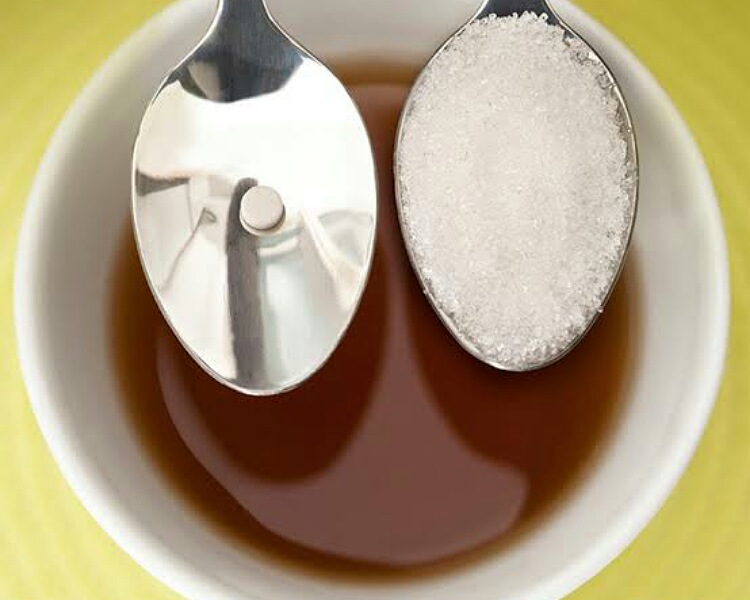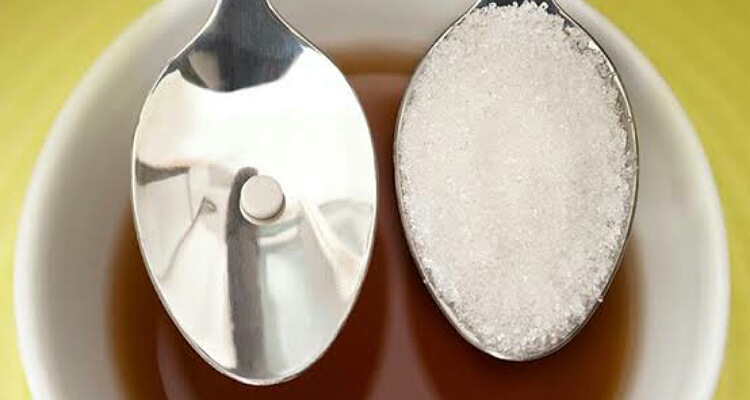Non-nutritive sweeteners have become a topic of debate recently. To. lose weight, slimmers switch to these artificial sweeteners. But now WHO has come out with s statement against it.
It does not state that these sweeteners are unsafe. But continues that in the long run, they lead to metabolic diseases. Dr. Robert Lustig, pediatric neuroendocrinologist provides his opinion on this statement of WHO.
WHO and its statement against non-nutritive sweeteners
To reduce calories, doctors used to advise slimmers to cut down on the sugars in their foods. But sweetness is vital for taste.
Hence artificial non-nutritive sweeteners came on the market. These could sweeten foods without adding calories and fats. People started using it.

But now, WHO said that these are good for weight loss but are not good in the long run. This is because they could lead to an increase in the incidence of metabolic diseases.
But they have not said that they are harmful or unsafe to use. As per WHO, these sweeteners are added to get low-sugar versions of junk foods. Hence the damage to health happens. They want people to move towards healthier diet options.
WHO states that do not use sweeteners to have weight loss and maintain it. Additionally, they add that these do not bring down the risk of noncommunicable diseases.
Dr. Robert Lustig and his opinion
Pediatric neuroendocrinologist, Dr. Robert Lustig agrees with what WHO says. He says:
“Diet (non-nutritive) sweeteners would seem the obvious alternative to sugars-no calories, no weight gain, right? And this would be true-if weight gain were about calories. It’s not. It’s about insulin. Insulin drives energy into fat for storage.”

He adds:
“Diet sweeteners increase insulin as well-possibly through the vagus nerve, possibly through GI microbiome changes, possibly through direct effects on fat cells. That’s why there are no long term human studies demonstrating weight loss with duet sweetener substitution, in fact diet sweetener use is also associated with metabolic syndrome. The WHO has reviewed the same data and come to the same conclusion.”
Diet sweeteners and insulin
A review of data reveals that there are no studies that show that diet sweeteners increase insulin in the body. Some studies show that sucralose lessens insulin sensitivity.
But no studies show that the other sweeteners increase insulin production. So how do these diet sweeteners cause metabolic dysregulation?
Robert explains that the initial insulin response to these sweeteners is lower than that to sugars. But later in the day, the rise is more and hence 24 hour insulin response remains the same.

These probably act via the following mechanisms:
1. They interfere with learned responses of the body that control blood sugar and energy homeostasis.
2. They interfere with gut bacteria and cause glucose intolerance.
3. They interact with sweet taste receptors that trigger insulin secretion.
Also, read Can sweet foods intake increase risk of type 2 diabetes mellitus?
Robert believes that even with no sugars insulin is produced due to the sweet taste. He adds that fat cells have diet sweetener receptors on them. These activate the storage of energy directly.
This implies that the sweeteners are not metabolically inert as thought earlier. They do affect the body and its metabolism. In vitro studies have shown this and there is proof enough of it. The link to metabolic diseases is suggestive but not concrete.
